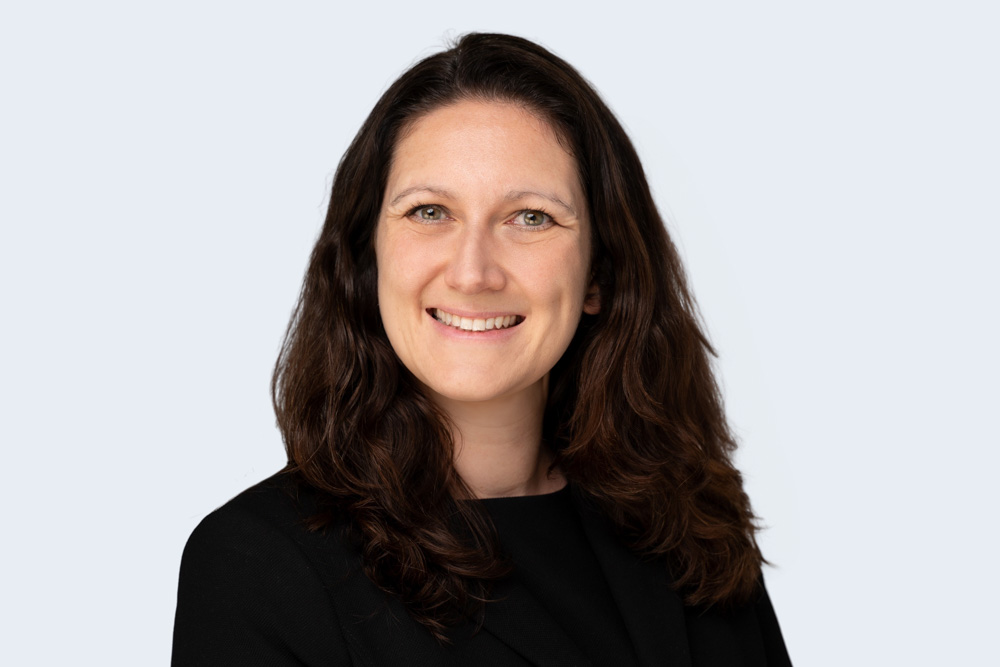
On 13 April 2016 the Supreme Court handed down judgment in the matter of N (children) [2016] UKSC 15 which has provided the latest twist in recent case law looking at when family cases should be transferred to another European jurisdiction. This is an area which has received a lot of attention over recent years with much case law and guidance being issued to the courts and family practitioners. In this case the Supreme Court allowed an appeal against an initial decision that care proceedings concerning two young girls should be transferred to Hungary.
The girls are almost 3 and just over 4 years of age respectively. Their father is of Hungarian Roma descent and their mother of mixed Hungarian and Roma descent. The girls are of Hungarian nationality but were both born in England and have lived here their entire lives. They have been in the same foster placement since removal from their parents’ care following Ella’s birth.
The question for the court was the correct interpretation of Article 15 of the Brussels II (revised) Regulation. The starting point is that a case should be heard in the member state where the child is habitually resident, in this case the jurisdiction of England and Wales. Article 15 sets out circumstances where transfer of the case is permitted if another member state is “better placed” to hear the case and this would be in the best interests of the child.
The High Court found that the Hungarian Court was better placed to hear the case after weighing a number of factors both for and against this decision. The judge held that if the Hungarian court was better placed to hear the case it followed that it would be in the children’s best interests for the transfer to take place.
The Court of Appeal, including the President of the Family Division, dismissed the initial appeal. The Children’s Guardian, on behalf of the children, therefore appealed to the Supreme Court.
The Supreme Court unanimously granted the appeal, Lady Hale giving the only judgment. This judgment set out that the two tests are separate, and it does not automatically follow that if the court of another member state is better placed to hear the case that it is in the child’s best interests for the transfer to take place.
Lady Hale agreed with the judge in the High Court that, when looking at the best interests test in this context, it is whether the transfer is in the child’s best interests rather than the eventual outcome. However, she found that the impact of the transfer on the welfare of the child and on the choices available to the court deciding the eventual outcome must be considered. In this case therefore it was relevant that the effect of a transfer would be for the girls to be moved from a foster placement where one child had lived for almost her whole life and the other most of hers where they were happy, settled and doing well to a new placement in a country they had never been to before. Were the case to remain here, one potential option was for the children to remain in the long term in their current home. It was also relevant that transfer to Hungary would rule out this one potential option, and that the courts in this jurisdiction could achieve the same outcomes as the Hungarian Court in respect of a placement there, and therefore had a wider range of potential options available to them. The Supreme Court therefore held that the judge of first instance erred in finding that it was in these children’s best interests for the case to be transferred to Hungary.
This case represents a welcome shift back to ensuring the child’s best interests are at the centre of decision making even where the decision relates solely to where the case should be heard. The fact that another court may be better placed to hear the case (and this was not accepted by Lady Hale to be the case) does not mean it should be transferred where that would not be in the best interests of the child concerned.
The full Judgment can be found here: https://www.supremecourt.uk/cases/docs/uksc-2016-0013-judgment.pdf
We have many experienced and accredited specialists who could advise you in relation in respect of care proceedings, including those with international issues.
Claire Longland









